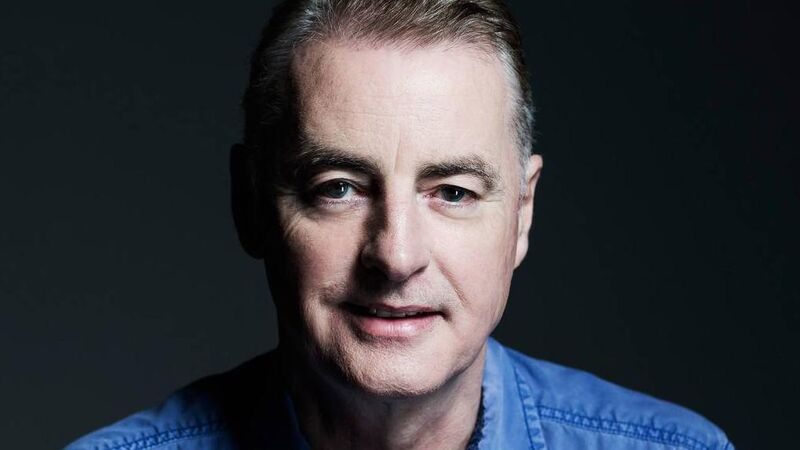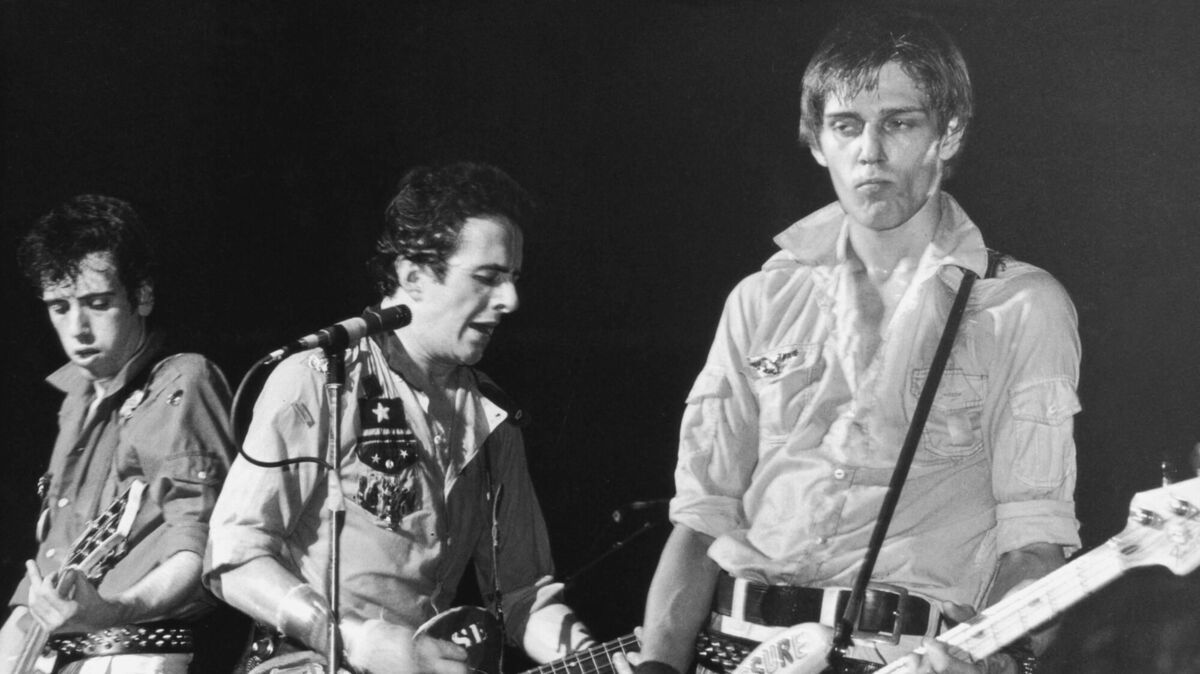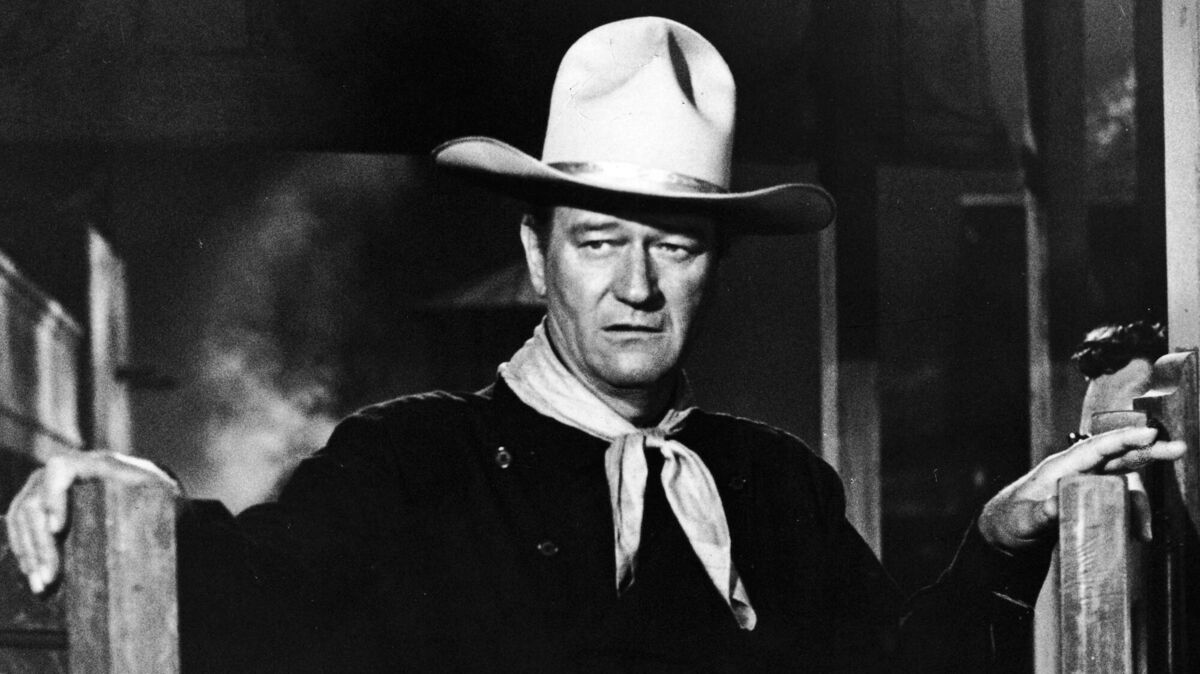Culture That Made Me: Dave Fanning picks his favourite films and recalls his best gig

Dave Fanning.
Once described by Paul McGuinness, U2’s manager, as “the world’s best DJ”, Dave Fanning, 65, has been a disc jockey at RTÉ 2FM since 1979.
He has also worked as a film critic, and currently presents the Dave Fanning Show on Saturdays and Sundays on 2FM from 1pm
Nashville may be one of the best films I ever saw. it’s a Robert Altman movie. It’s about 24 people in the town of Nashville and how their stories all intersect. It’s a really good snapshot movie.
Movies weren't made like that before he made it in the 1970s, but there have been lots since. It’s fantastic. Weirdly, I’ve no interest in country music, but I bought the album. It’s brilliant. I love every bit of it. A lot of the songs are written and performed by the actors for the movie.
Secrets & Lies by Mike Leigh is a great movie. The film starts off with a girl, an optometrist. She’s black. She goes looking for her birth mother. It turns out it’s Brenda Blethyn. There’s a brilliant scene in the cafe of an underground station in London.
Brenda Blethyn suddenly realises this woman is not telling a lie – that it is possible that she's the mother of this girl. She had a one-night stand with some bloke years ago. Brenda Blethyn’s performance is outrageous. There’s a cigarette in her hand. It's burning right down to her fingertips, and she’s saying, “This is a lovely place” – and it’s a kip!
She’s so good in the movie, so innocent and so nice. It’s powerful.
I joined The Beatles Fan Club when I was about seven. I was a fan of them all the way up. It was because of the way you got music then. You really had to go looking for it. They were magic.
Every single thing about them: what they wore, what they did. They changed art. They changed culture. They changed London. They changed Liverpool. They changed recording. They changed albums. They kind of invented rock without realizing it. Half the time, it was just them being who they were.
The times that they were in helped an awful lot too. They weren't trying to kind of outdo everybody else, they just did outdo everybody else. It was astonishing to witness.
The Clash was the best gig I’ve ever seen. It was at The Top Hat in Dún Laoghaire in 1978, which is now a block of flats. I saw them at the famous gig in Trinity College too. It was this huge scene. Punk comes to Dublin, but the gig was shite.
It was the night itself, which was so exciting and so important, but the sound was awful. When they played The Top Hat, it was after their second album. They were at the top of their game. Sometimes, you catch a band exactly at the right moment and that was The Clash at The Top Hat.
Everything came together. Mick Jones was incredible. The whole attitude. The songs were great. It was perfect.

Gay Byrne came in for some criticism every so often, but he was so good. He just had a way, a knack. He was better than any other broadcaster. It’s not that I stayed in to watch The Late Late Show, but there was a bit of an edge to it.
He broke through a barrier. He was a great man for doing his homework. I’m the same – I make sure I’ve done my homework. He used to come into RTÉ earlier than I ever did to do his radio show, but then he was also really spontaneous. He didn't use autocue much on television. It came from the top of his head.
It wasn't slick and it wasn't cool, it was just kind of real.
You've got to think big. The best example is Steven Spielberg. He makes a movie for $100 million and then he spends $150 million promoting the movie. You’ve got to push it out there. You’ve got to let people know what you’re doing. You can’t just do it.
Now and again, something happens – a DJ picks up a musician or band and they suddenly become incredibly famous, but sometimes you need to work at it and make sure people know who you are. U2 went over to America and did a bunch of tours, plugged away. Got radio stations into them.
They had a grander scheme than anyone else had. That was all done by having meetings, by Paul McGuinness [promoting them], and basically the band were also able to look after the music.
As a kid, I loved westerns. In The Man Who Shot Liberty Valance, James Stewart is a man of letters. He’s educated.
He comes from the east to the west where they’re thick – they can’t read or write. He gets held up on a stagecoach by a bad person, Liberty Valance, played by Lee Marvin. James Stewart has to take up a job at the local cafe.
Liberty Valance is there. He sees him now wearing an apron and thinks this is hilarious. He trips him up and the steak he’s carrying goes all over the floor, but, of course, who does the steak belong to? John Wayne, the real heavy in town.
Suddenly Lee Marvin realises: Ooh, maybe I shouldn’t have done that. That whole scene, myself and my brother know the lines off by heart. It’s one of the best westerns ever made. It’s essential viewing.

Elton John's autobiography, Me, is hilarious. He did something on every page that was just complete and utter madness.
His relationship with his parents was very sad. He didn’t get on with his mother and she didn’t get on with him. And he certainly didn’t get on with his father.
I would really recommend The Lazarus Heist podcast on the BBC World Service. It’s a 10-part series. Basically, there was a movie Seth Rogen made about seven years ago called The Interview.
It was a story about the assassination of the leader of North Korea. It was a stupid comedy, but they gave him his real name, Kim Jong-un. One thing you don’t do is mess with that guy. He did not like it. In retaliation, North Korea allegedly decided to do some cyber infiltration of Sony Pictures and destroyed the company. Loads of people lost their jobs.
It’s astonishing, mad stuff, which is really worth listening to.


